For better or for worse, Mystic Pop-Up Bar was not the show I was expecting it to be. On one hand, it was my first real K-Drama. (I’m no expert but I assume the zombie period series Kingdom doesn’t count). On the other, I’m told by my resident K-Drama expert (my wife) that this isn’t a typical Korean series.

Mystic Pop-Up Bar tells the story of a shaman who’s lived a cursed life for 500 years in order to relieve 100,000 grudges and redeem herself for a past sin. The shaman does this by going into the dreams of people in order to help them resolve whatever it is that’s holding them back, be it lost love, guilt, or heartbreak.
The series doesn’t take itself too seriously – there’s a healthy dose of whimsy in it’s tone and execution – but is balanced out with some heavy grudges that the shaman, Weol-ju and her partner/assistant Guibanjang have to face.
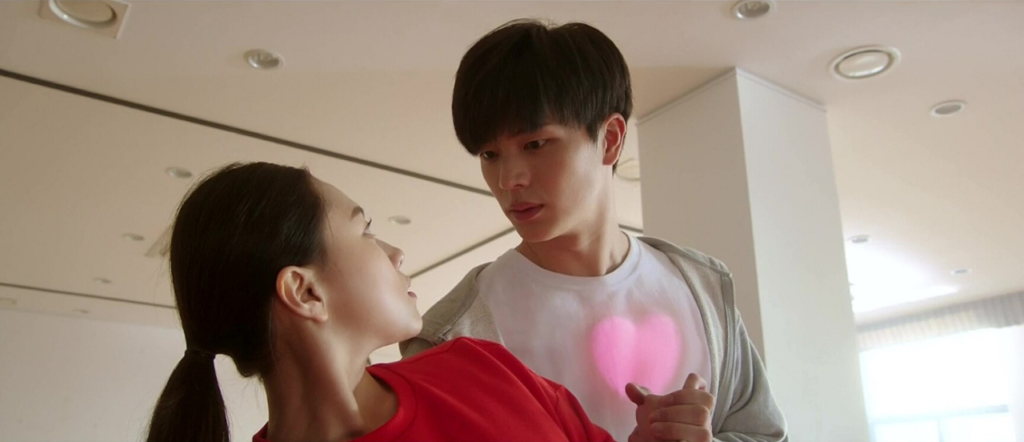
That being said, there is whimsy (see Pushing Daisies, Wonderfalls, etc) and then there’s WHIMSY.
And Mystic Pop-Up Bar is of the all caps kind. From the use of cartoon sound effects (it feels like the series drew the line at using the ba-dum tss sound effect) to the use of comedic music to (over) punctuate comedic moments. Just in case the occasionally overwrought comedic acting didn’t make the moment clear enough.
Which makes the series all the harder to take seriously. The actors would go from over the top funny to quiet, nuanced moments, as if they were in two different shows, directed by two different directors. It’s this dichotomy in tone that makes the series hard to hate, but absolutely impossible to love.
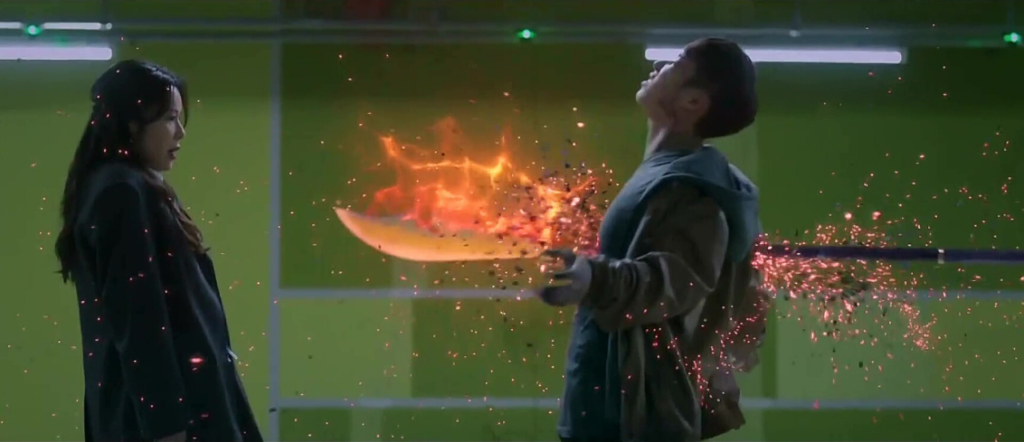
Mystic Pop-Up Bar also has a decidedly blasé attitude towards death and the afterlife, as well as all its relevant characters, from evil spirits, angels, demons, and deities. It’s a very Asian way of treating death, not as the end of the road, but as just the next step in life. It’s the anti Ju-On. Not all ghosts are vengeful, not all possessions are evil. Sure evil spirits are bad (it’s in the name), but they are dealt with fairly easily by the good spirits, and the show moves on. In this show, the spirits of ancestors don’t want to possess you to take over the planet, just to beat the other ancestors at the “Dream World Lottery Battle”, a school sports day type event where the winning spirit gets to visit their great-great-grandchildren in their dream and give them the lucky numbers in order to win the lottery. That too is very Asian.
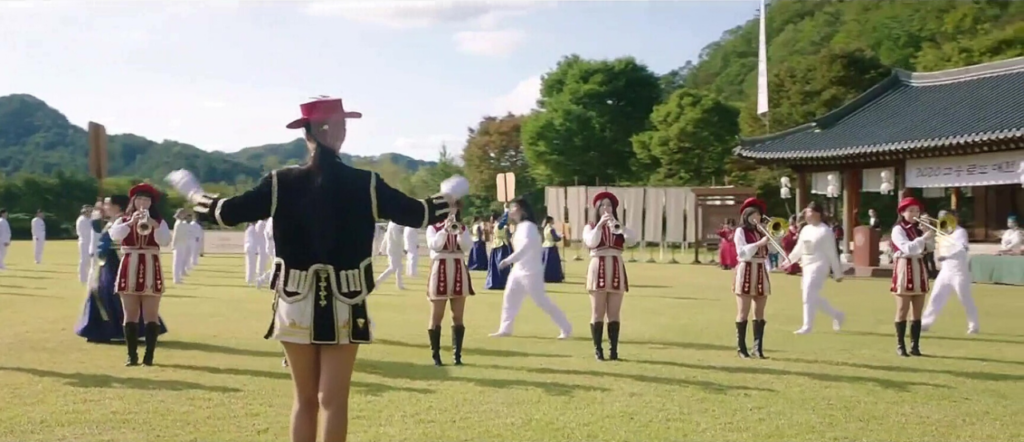
But that balance of tone is sometimes disrupted. It’s funny when Mystic Pop-Up Bar portrays the afterlife as a government office style lumbering giant of protocols, paperwork, and office politics, but to then have a bad Steve Jobs impersonator (complete with a bitten into apple) make a joke about the digitisation of files feels borderline distasteful.
There is a lot in Mystic Pop Up Bar to love. From it’s treatment of love, loss, and love lost, to it’s Asian look at death and the afterlife, Mystic Pop-Up Bar is both light hearted and emotional, heavy and yet bright. However that balancing act doesn’t always come off, and in trying to do both, it fails to truly shine.
Mystic Pop-Up Bar
Netflix, 1 season, 12 episodes
Director: Jeon Chang-Geun
Writer: Bae Hye-Soo (webcomic) and Ha Yoon-A
Cast: Hwang Jung-Eum, Yook Sung-Jae, Choi Won-Young, Jung Da-Eun, Ahn Tae-Hwan, Na Seung-Ho, Lee Joon-Hyuk, Yum Hye-Ran, Oh Young-Sil, Park Si-Eun, Kim Hee-Jung, Song Geon-Hee, and Park Eun-Hye


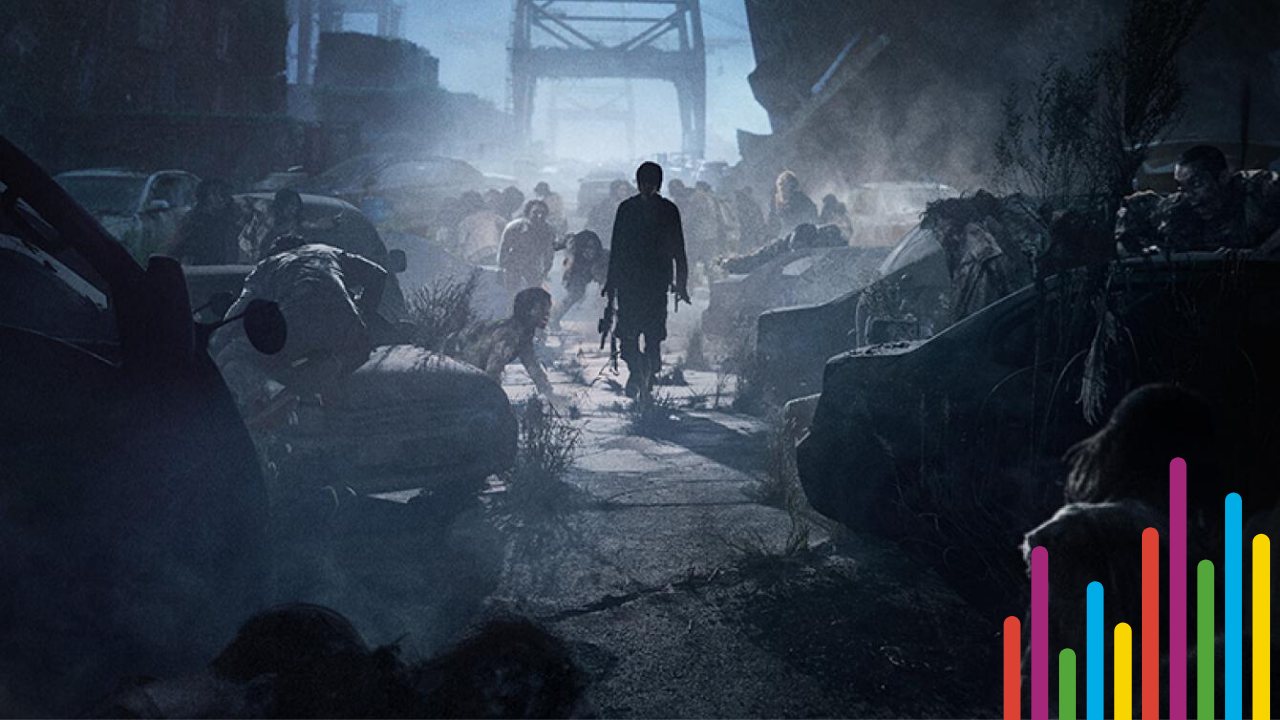
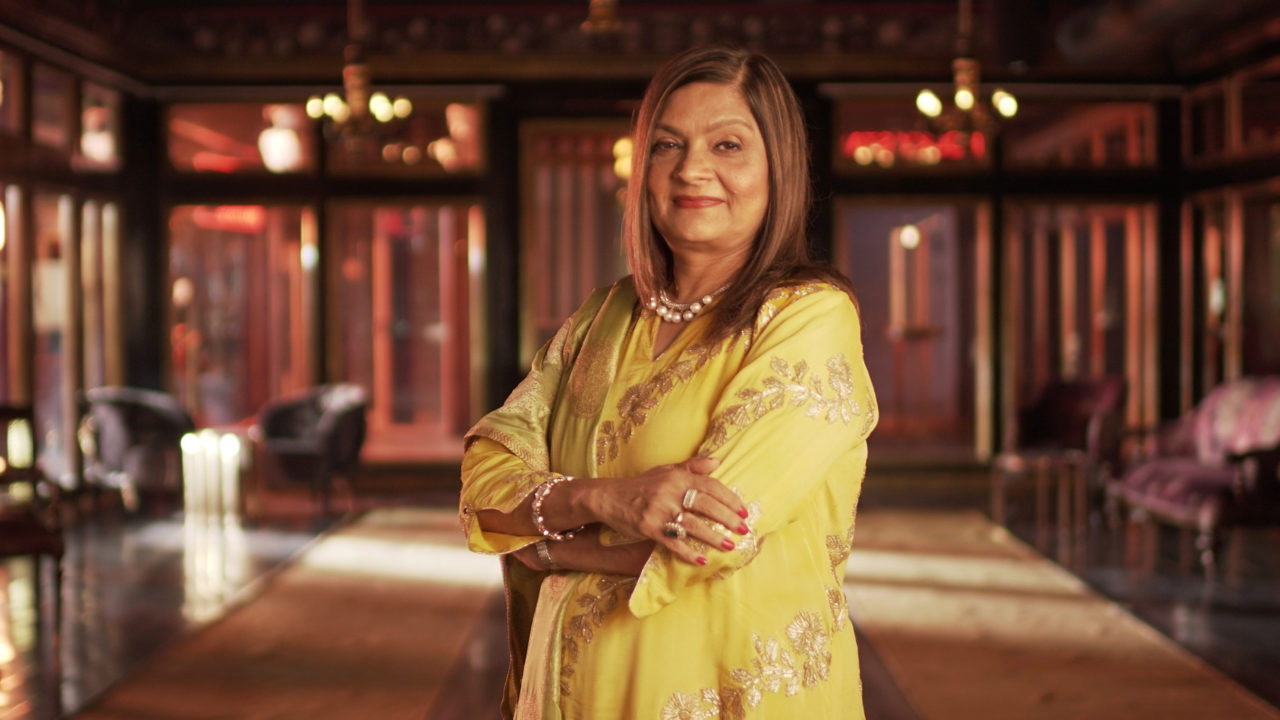
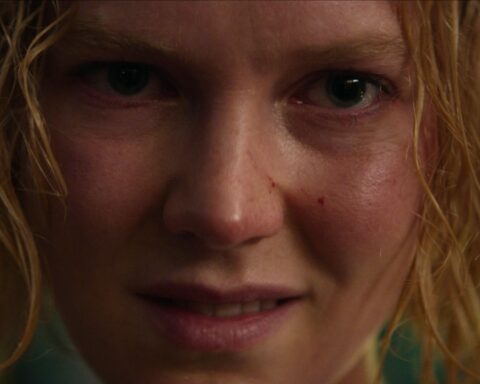

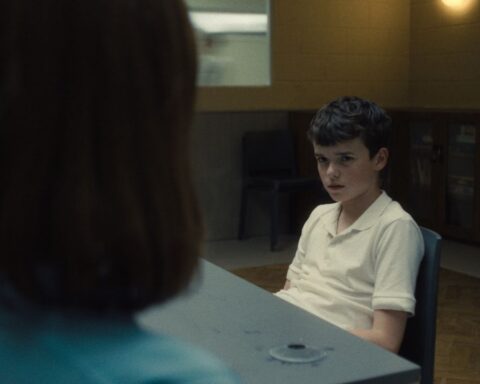
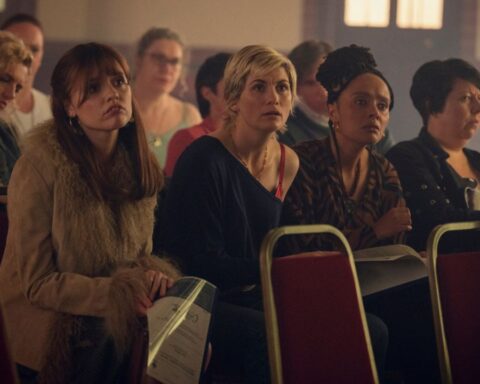
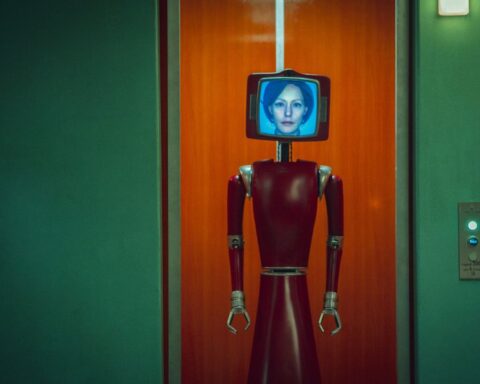
Follow Us